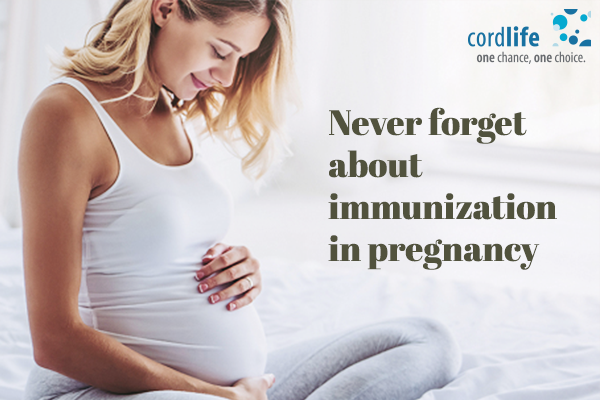Table of Contents
Your immune system will naturally be weaker than usual during pregnancy. This means that you are more susceptible to certain infections and diseases that can harm you and your baby.
Immunization is a simple and effective way to prevent certain infections from protecting yourself and your child. Check that you have protection from diseases that can cause illness in you or your unborn baby before you become pregnant. In addition to routine immunizations such as tetanus and polio, pregnant women should be immune to hepatitis B, measles, mumps, rubella, varicose veins, whooping cough, and influenza. Before pregnancy, all women are supposed to get immunized as not all these vaccinations are suggested during pregnancy.
Vaccinations before pregnancy
During pregnancy, rubella infection can cause severe birth defects. If you were born after 1966, you might need a full protection booster vaccination. In consultation with your doctor, this should be done. It is recommended that you wait four weeks before trying to get pregnant after receiving this vaccine. Chickenpox infection can cause severe disease in you and your unborn baby during pregnancy. If you have immunity to this infection, a simple blood test can determine. Talk to your doctor about two doses of the vaccine for full immunity if you are not protected. It is recommended that you wait four weeks before trying to get pregnant after receiving this vaccine. For smokers and people with chronic heart, lung or kidney disease, or diabetes, it is recommended to protect against serious disease caused by pneumococcal disease. Vaccines not always recommended during pregnancy that are required to travel to other countries.
Safe vaccinations during pregnancy
Whooping cough can cause severe illness and even death in children under the age of six months. It is now recommended that all pregnant women be vaccinated during their third trimester with pertussis (whooping cough). A combination of antibodies passed through the bloodstream of the mother and the reduced risk of the disease contracting mother makes this an ideal time for administering the vaccine. Most places now offer free pertussis vaccination. Influenza can cause severe illness and pregnancy increases the risk of complications of flu, with the risk of serious complications up to five times higher than normal for pregnant women. Therefore, for all pregnant women, the flu vaccine is recommended and funded. The vaccine for influenza is safe and can be given before, during or after pregnancy.
If you are planning about pregnancy, discuss with your health care provider and you will be advised to take the vaccine in advance if required. You must know that while you are pregnant your partner and other family members must take the vaccine of flu. It will help in reducing the risk of your exposure and also your baby towards the flu. So, if all of the vaccines of you and your family are up-to-date, then there is no need for additional pertussis immunization.
